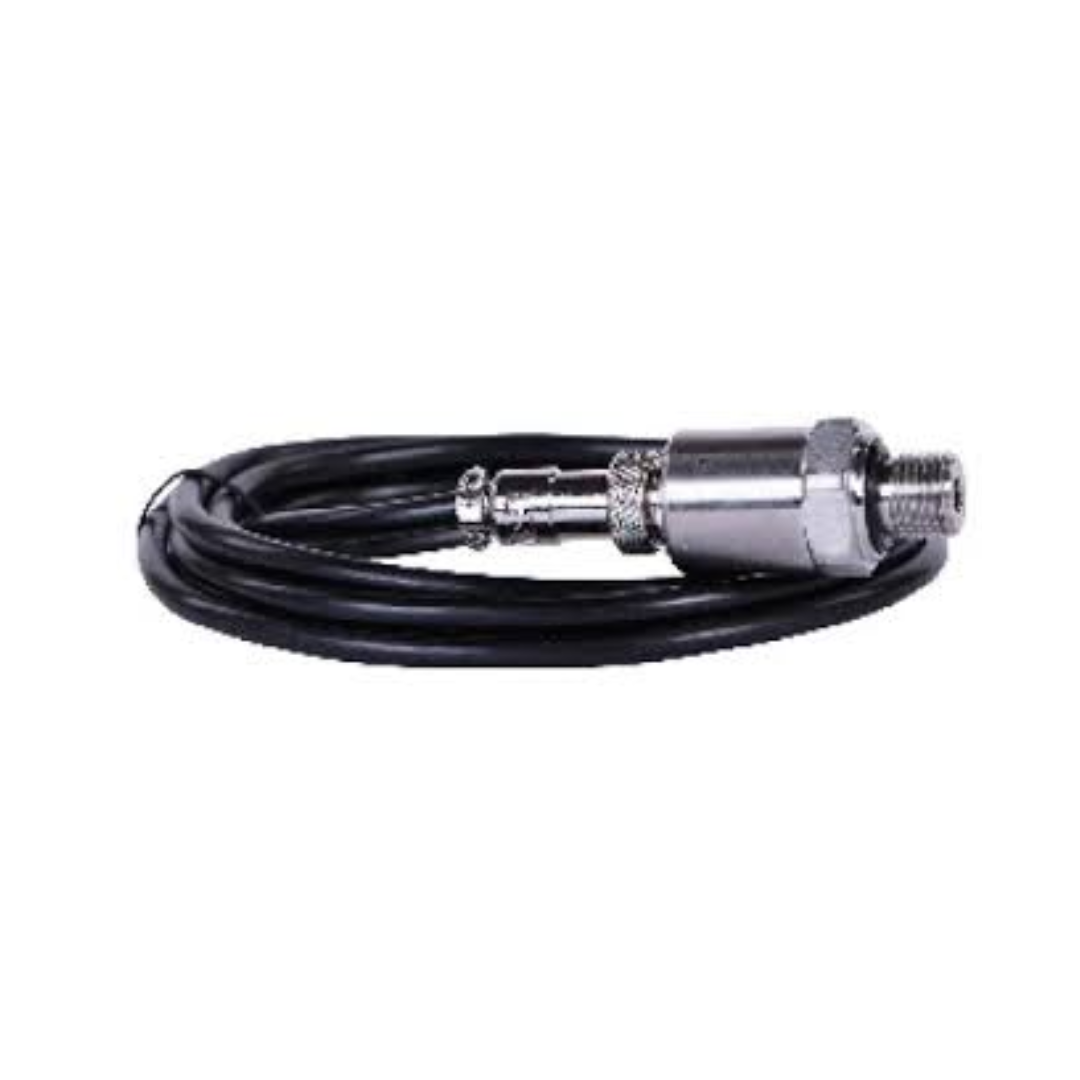LJR Pump Distributors
Pressure Transducer
Pressure Transducer
Couldn't load pickup availability
A borehole pressure transducer is a specialized device used to measure and monitor the pressure of water within a borehole or well. It plays a critical role in various applications, including groundwater monitoring, aquifer testing, and water resource management. Here’s a detailed description of how a borehole pressure transducer operates and its key features:
**Functionality and Operation:**
1. **Pressure Measurement:**
- The primary function of a borehole pressure transducer is to accurately measure the water pressure at specific depths within a borehole. This measurement helps hydrogeologists and engineers understand the dynamics of groundwater levels and pressures.
2. **Sensor Placement:**
- The transducer is typically installed at a predetermined depth within the borehole, secured to the casing or suspended in the water column. Its position allows it to monitor water pressure changes over time.
3. **Sensor Technology:**
- Pressure transducers utilize advanced sensor technology, often based on piezoelectric or strain gauge principles. These sensors convert hydraulic pressure into an electrical signal that can be accurately measured and recorded.
4. **Data Logging and Transmission:**
- Modern pressure transducers are equipped with data logging capabilities, allowing continuous recording of pressure readings at set intervals. Some transducers also feature wireless or telemetry options to transmit data in real-time to a central monitoring station or cloud-based system.
5. **Accuracy and Calibration:**
- Calibration of pressure transducers is crucial to ensure accurate readings. Manufacturers provide calibration certificates and guidelines for periodic recalibration to maintain measurement precision.
6. **Environmental Considerations:**
- Borehole pressure transducers are designed to withstand harsh environmental conditions, including high pressures and varying temperatures. They are constructed from durable materials such as stainless steel or corrosion-resistant alloys to ensure longevity and reliability in rugged environments.
**Applications of Borehole Pressure Transducers:**
- **Groundwater Monitoring:** Transducers are essential tools for monitoring water levels and pressures in aquifers, providing data for groundwater modeling and resource management.
- **Aquifer Testing:** During aquifer tests, pressure transducers help assess hydraulic properties such as transmissivity and storativity by measuring pressure responses to pumping or recharge events.
- **Well Performance Assessment:** Transducers aid in evaluating well performance, identifying issues such as pump efficiency, drawdown rates, and potential water quality changes.
- **Environmental Monitoring:** They support environmental studies by monitoring groundwater fluctuations and impacts of land-use changes or contaminant migration.
**Benefits of Borehole Pressure Transducers:**
- **Precision:** Provide accurate and reliable measurements of water pressure over extended periods.
- **Efficiency:** Enable automated data collection and remote monitoring, reducing the need for manual measurements and site visits.
- **Insight:** Facilitate better understanding of groundwater dynamics and behavior, aiding in informed decision-making for water resource management and conservation efforts.
In summary, a borehole pressure transducer is a critical instrument in hydrogeological and environmental studies, providing essential data for assessing groundwater resources and ensuring sustainable water management practices. Its robust design and advanced sensing capabilities make it indispensable in various applications related to groundwater monitoring and aquifer characterization.
Share

